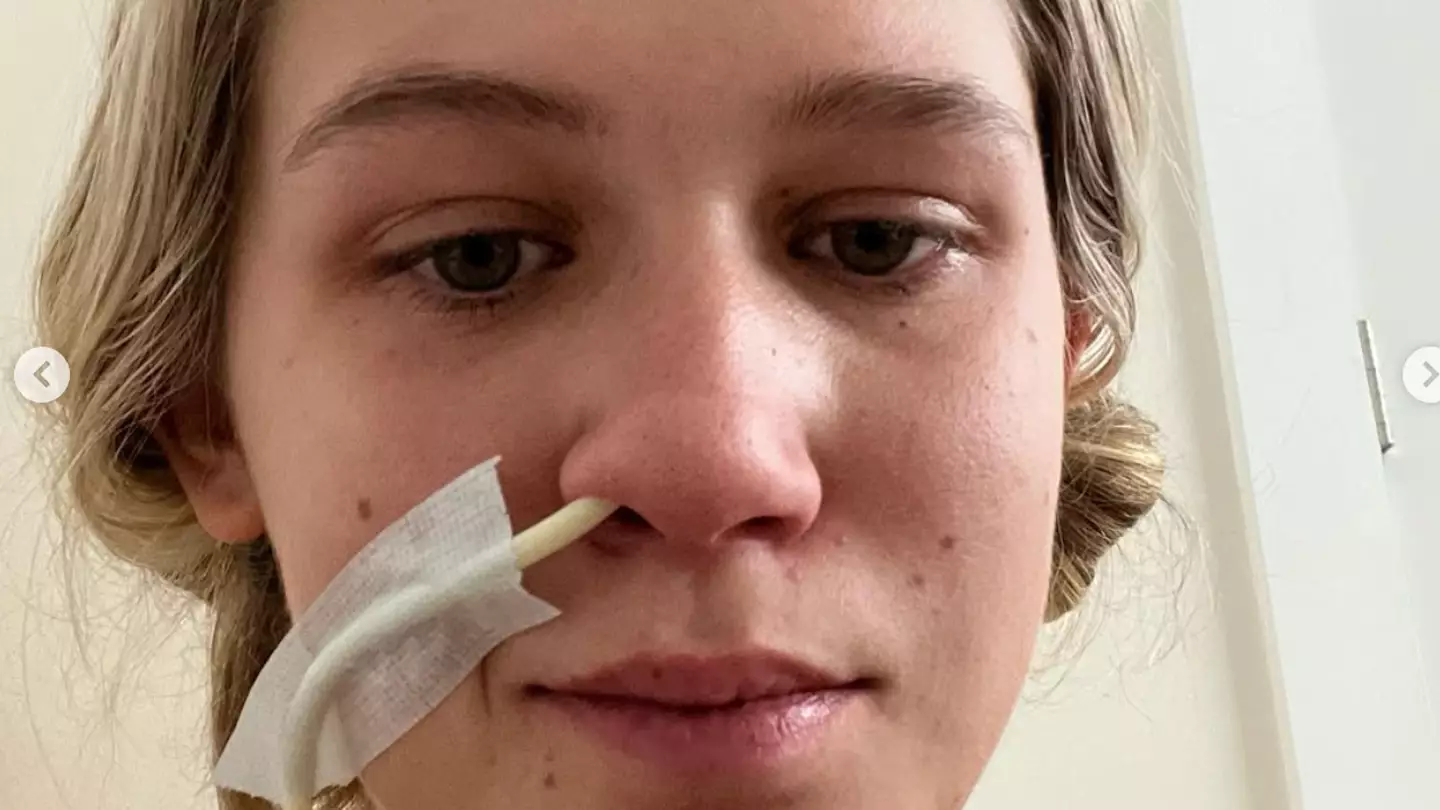

.png)
It's going to be a tournament to remember, for better or worse

The discovery in Western Australia 'gives us new insight into ancient geological processes'
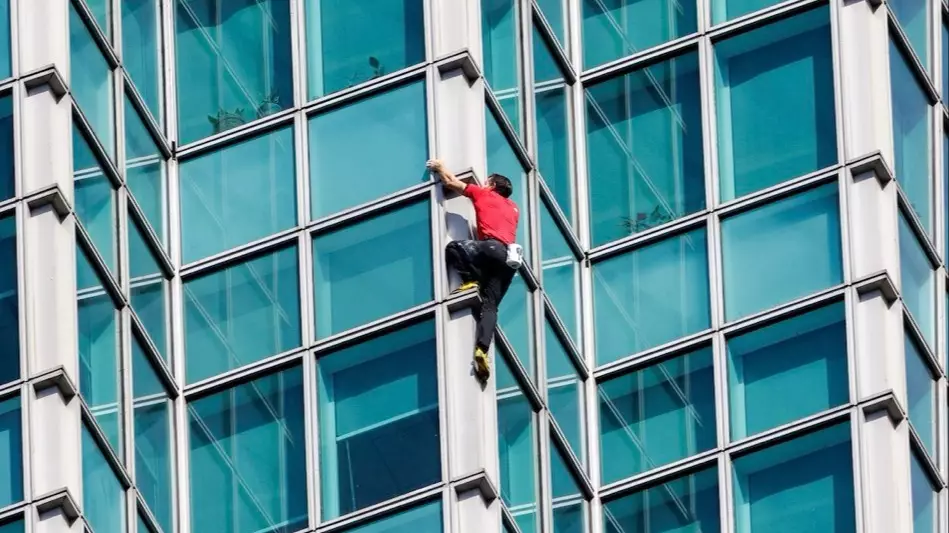
The American rock climber successfully climbed the 1,667-foot-tall Taipei 101 without any gear
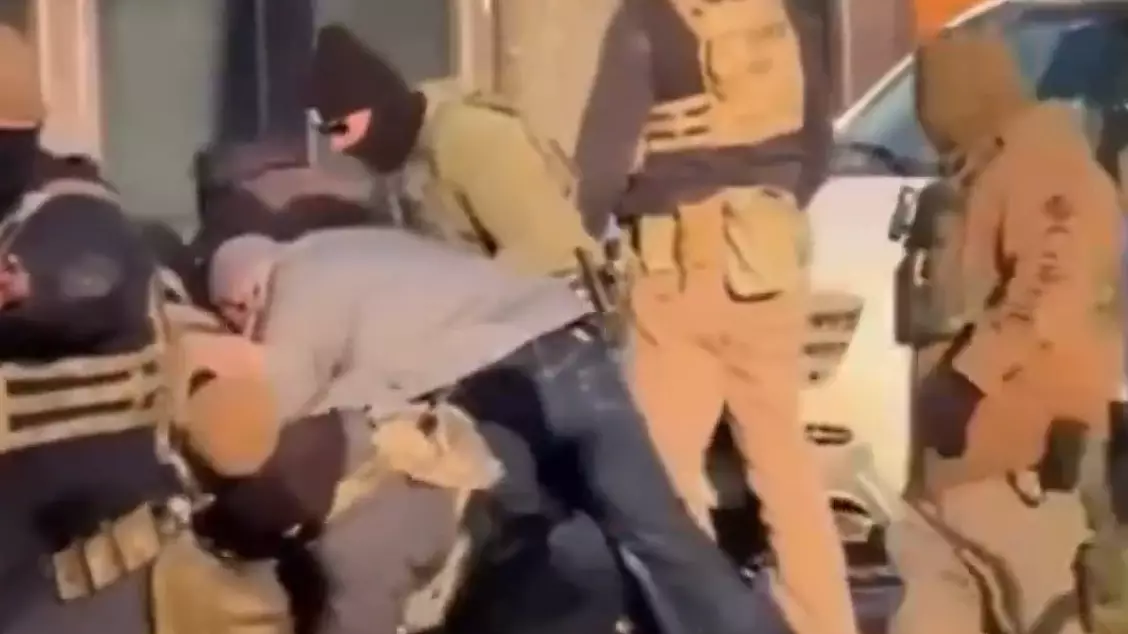
It's the second death linked to federal immigration officials in Minneapolis this month
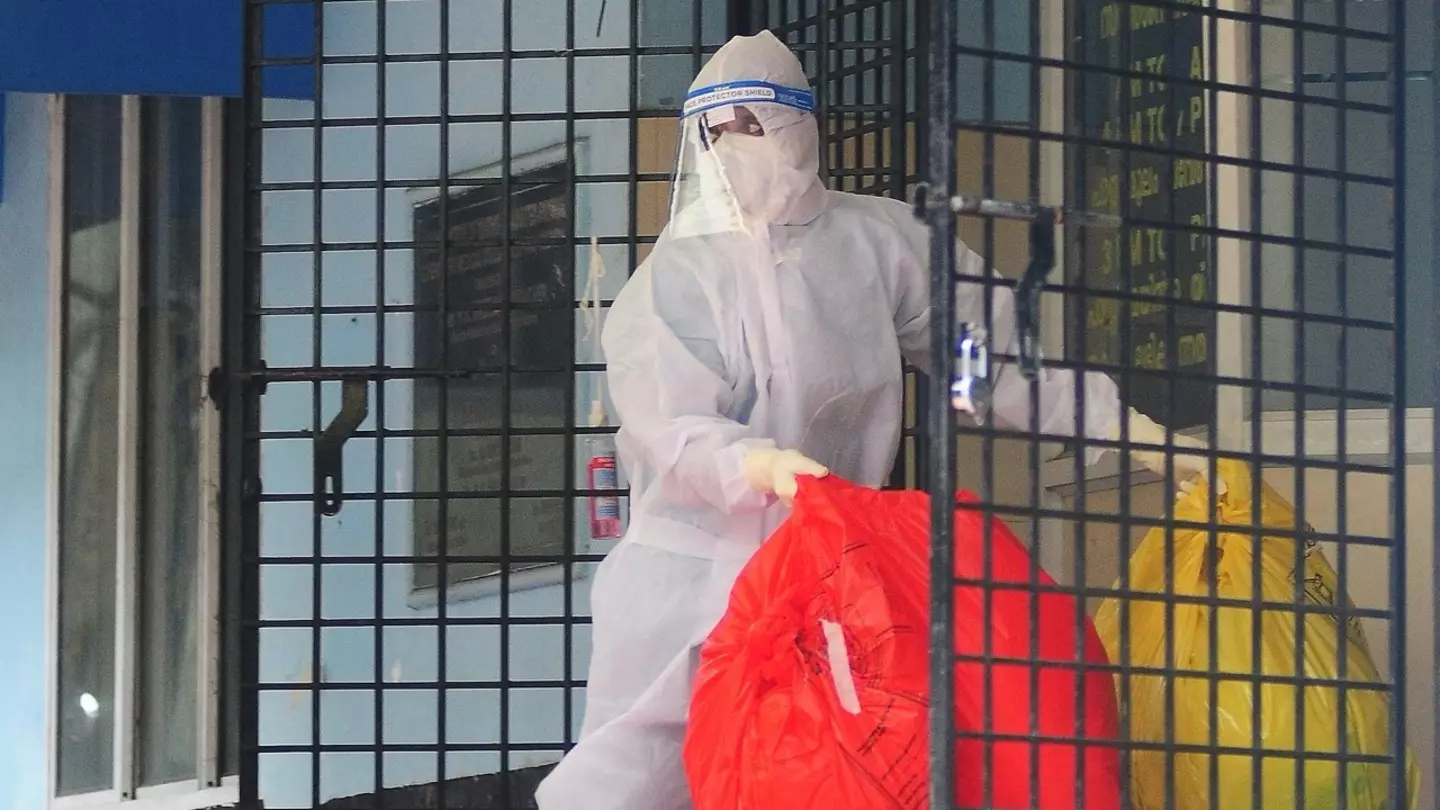
The Nipah virus is considered a high-risk pathogen by the World Health Organisation

President Trump has made bold claims about American military tech
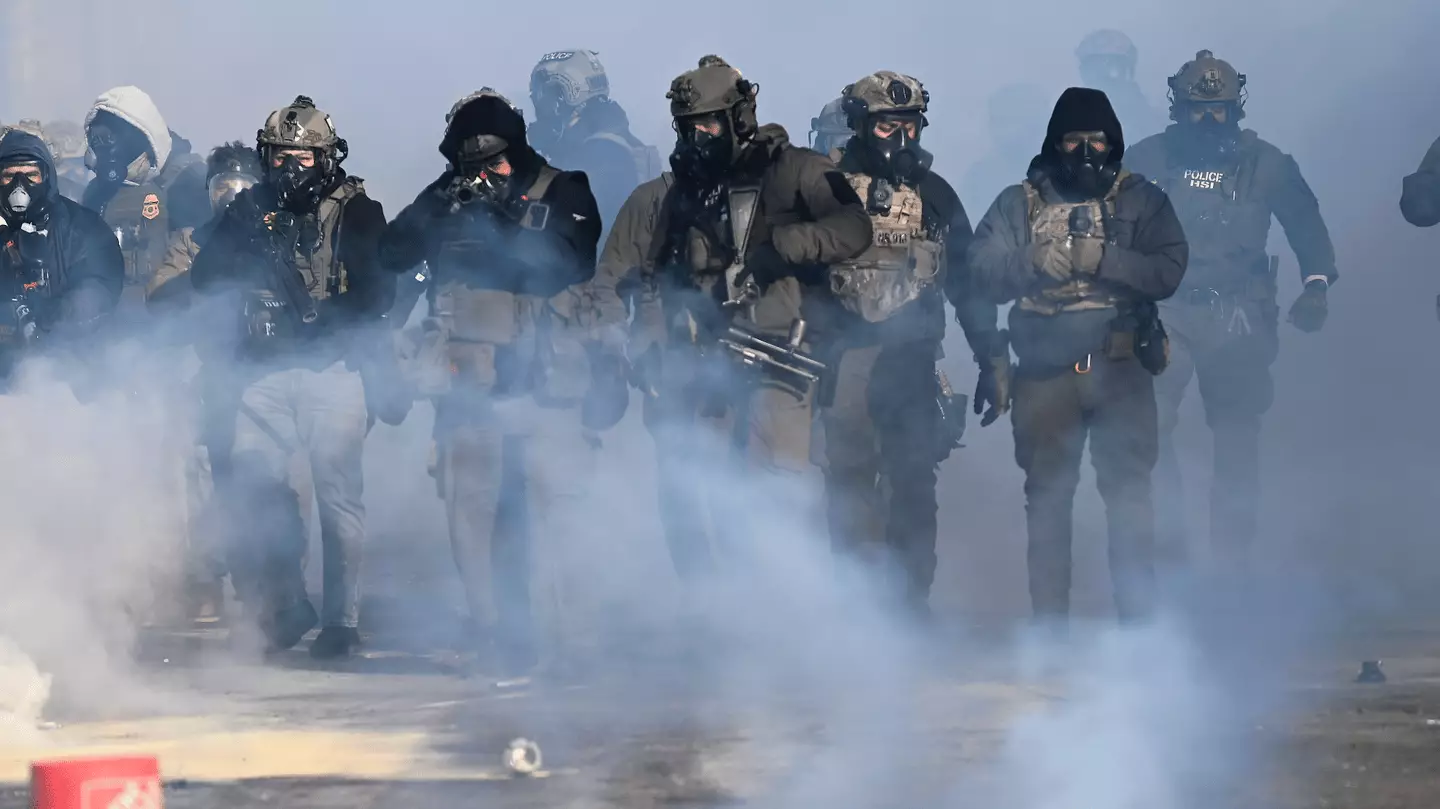
A 37-year-old man is understood to have been shot dead
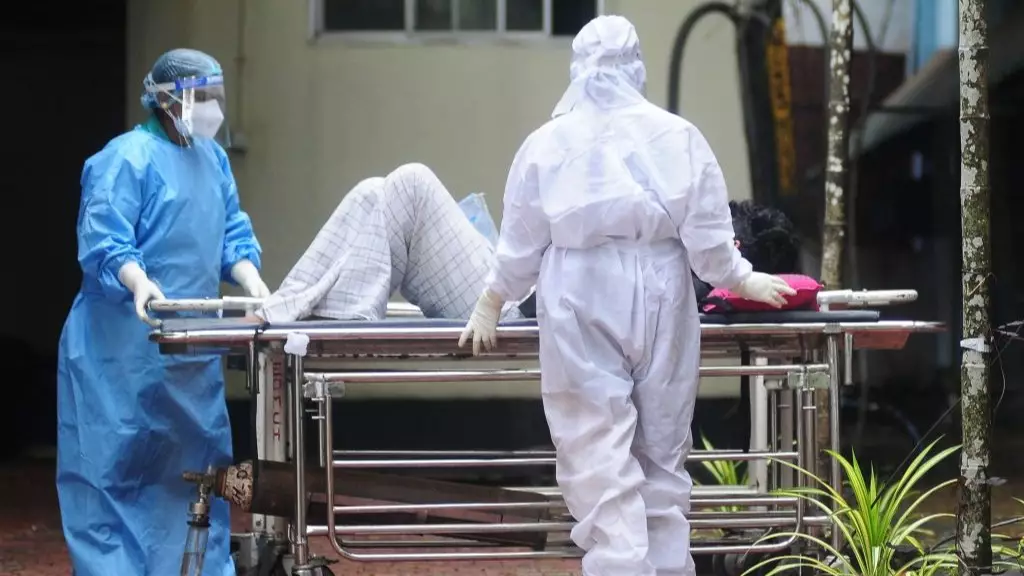
Nipah virus is contagious, deadly and has no cure

A couple purchased the Grade I listed church in Wales for £405,000
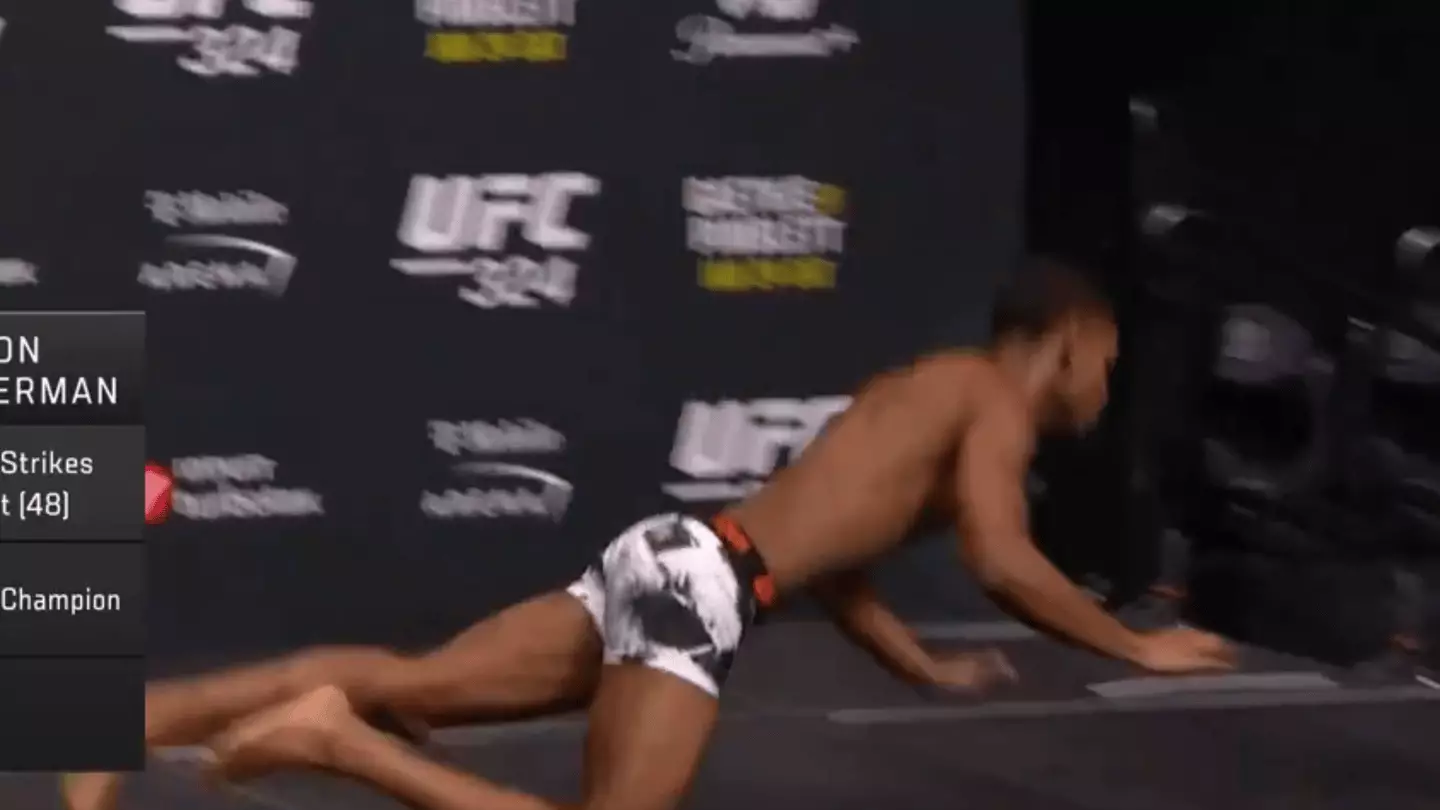
Former MMA star Michael Bisping inadvertently chose the worst possible time to make the remark
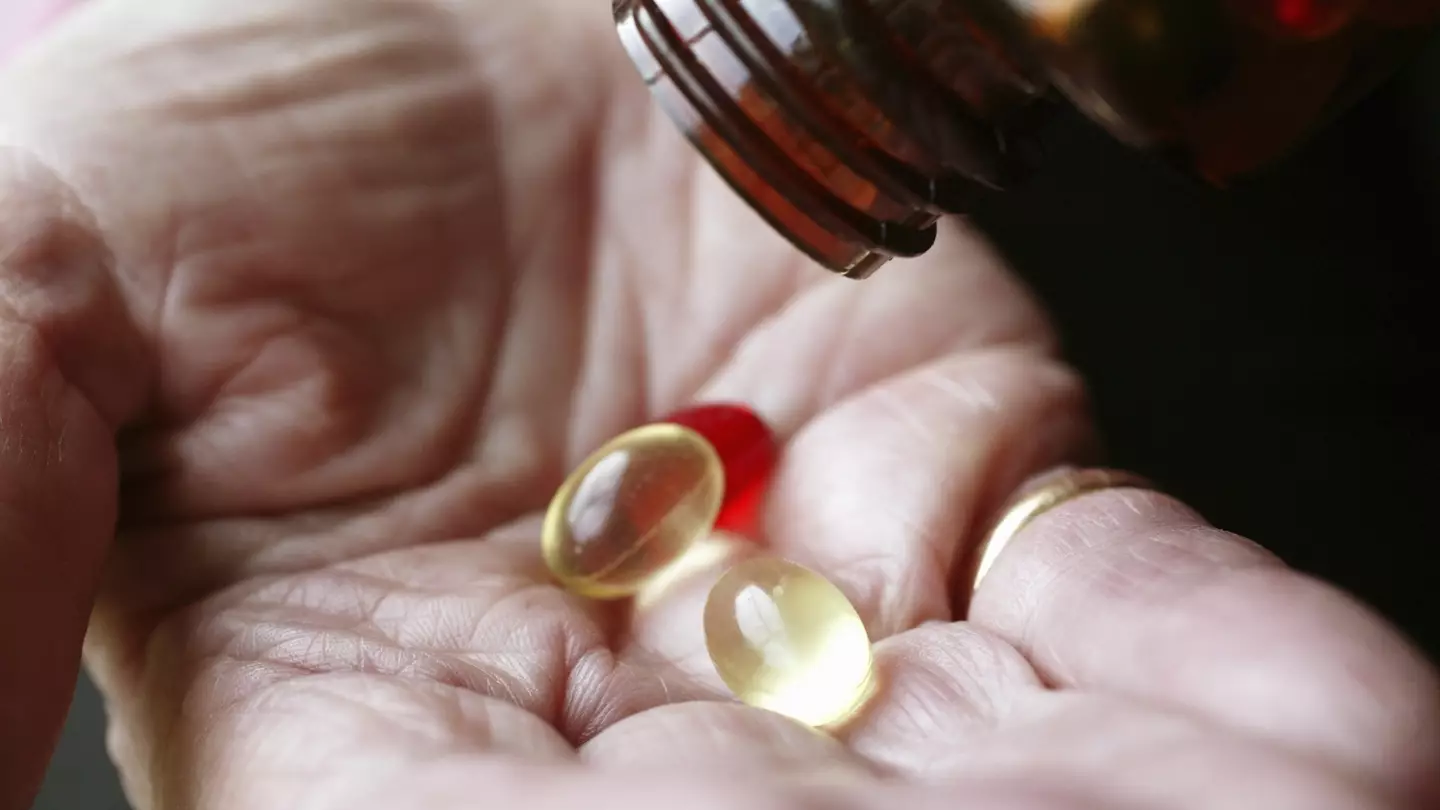
New research suggests that Omega-3 supplements such as fish oil or flaxseed may increase a person's risk of stroke or atrial fibrillation

Travellers reported hearing a 'huge' bang before the car careened through the glass doors at Detroit Metro Airport

The research conducted by experts at the University of Western Australia yielded some very interesting results
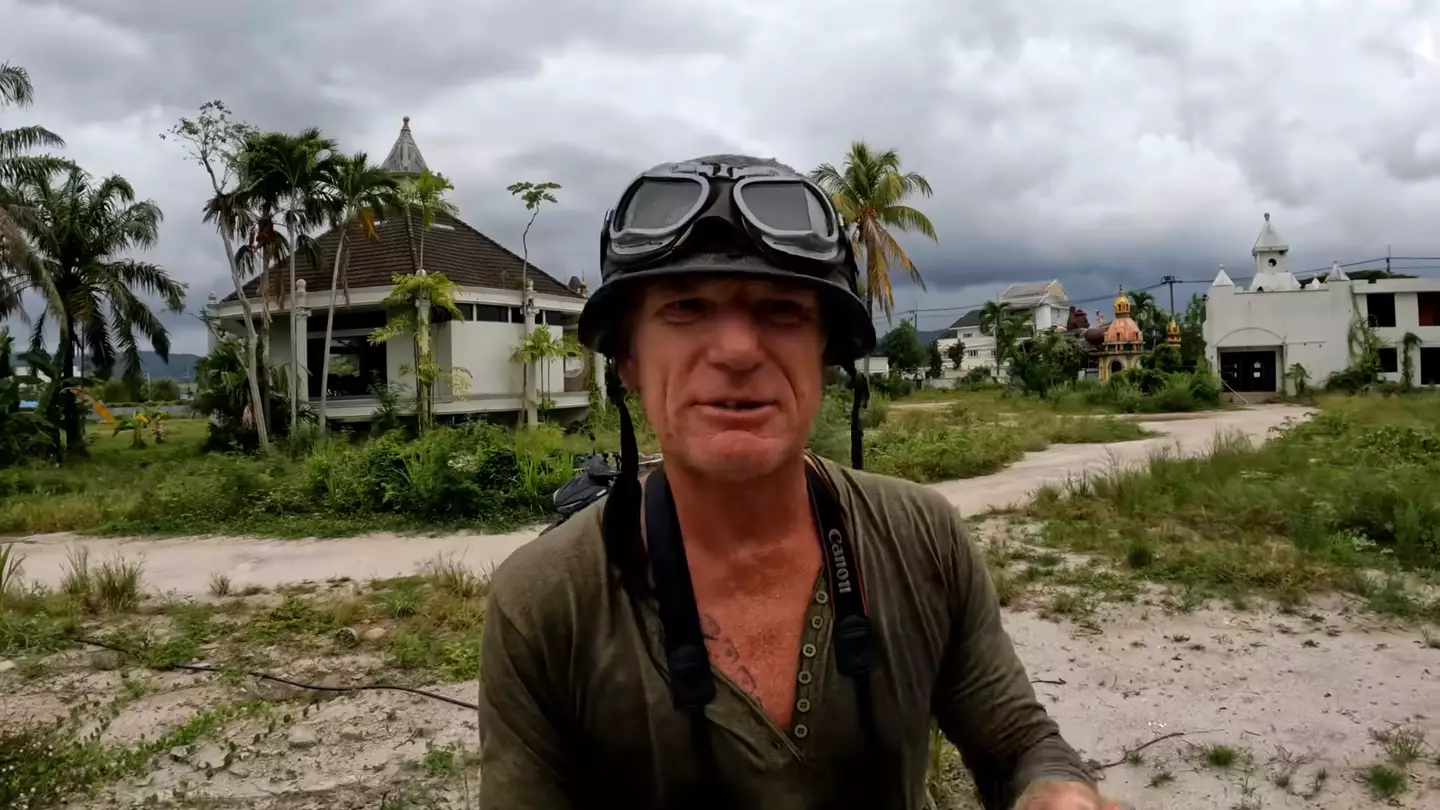
Sean King was exploring Thailand's now-defunct Phuket Zoo when he came across something wholly unexpected in a pond

The NHS advises Brits to take vitamin D supplementation during the less sunny months
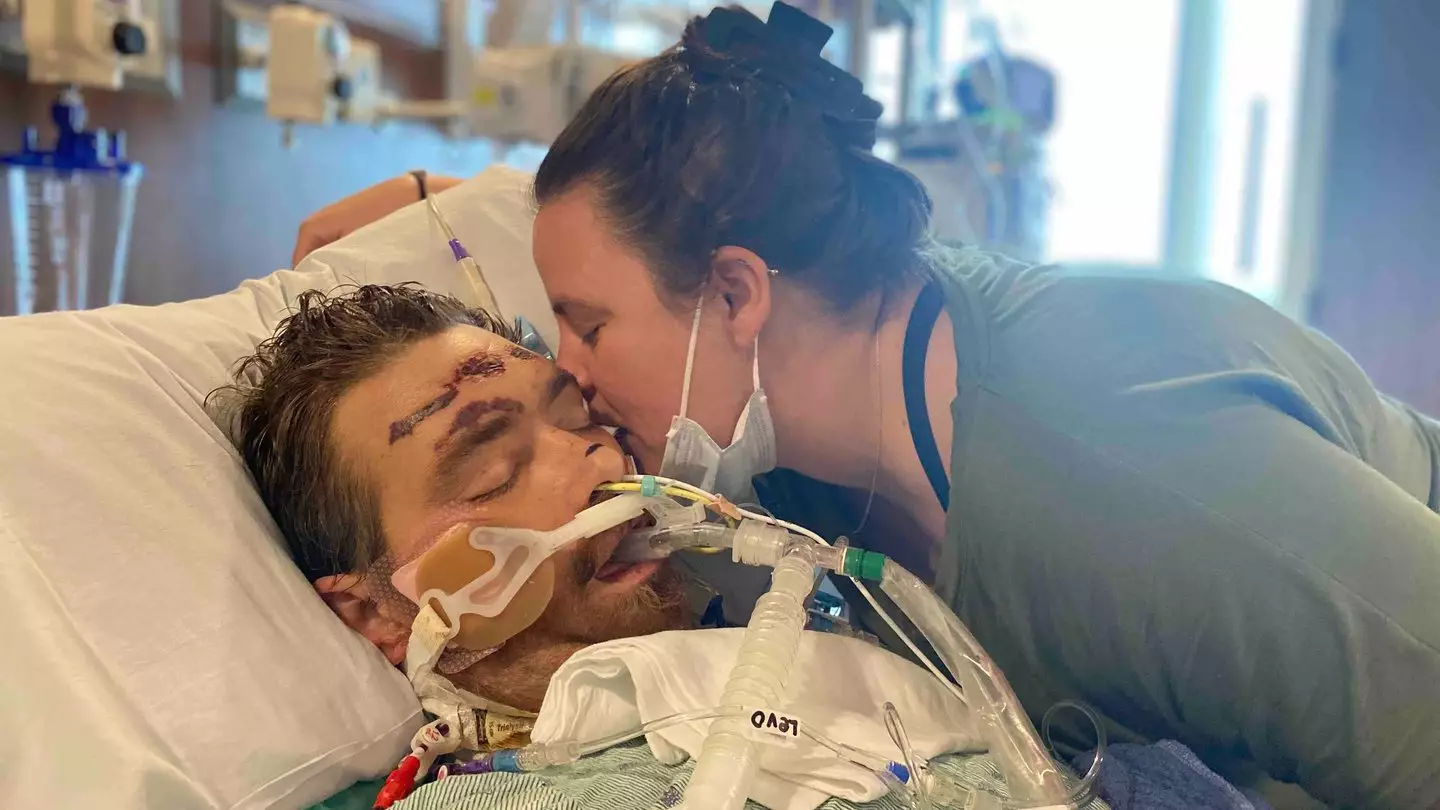
Removing the ingrown hair left Steven Spinale fighting for his life

The American wrestler and influencer couldn't believe what the crowd were actually saying
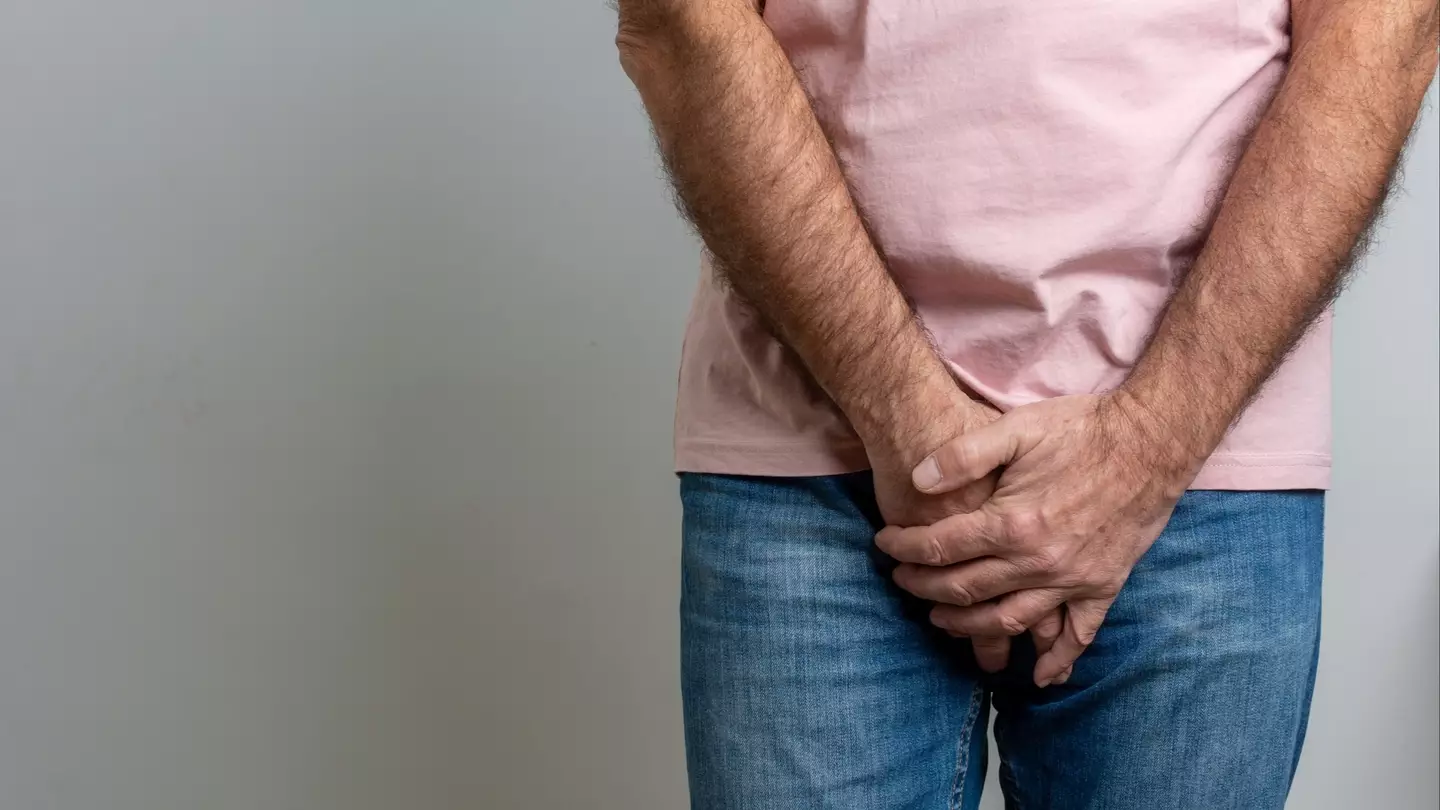
A health expert has explained how men can benefit in bed from these simple exercises
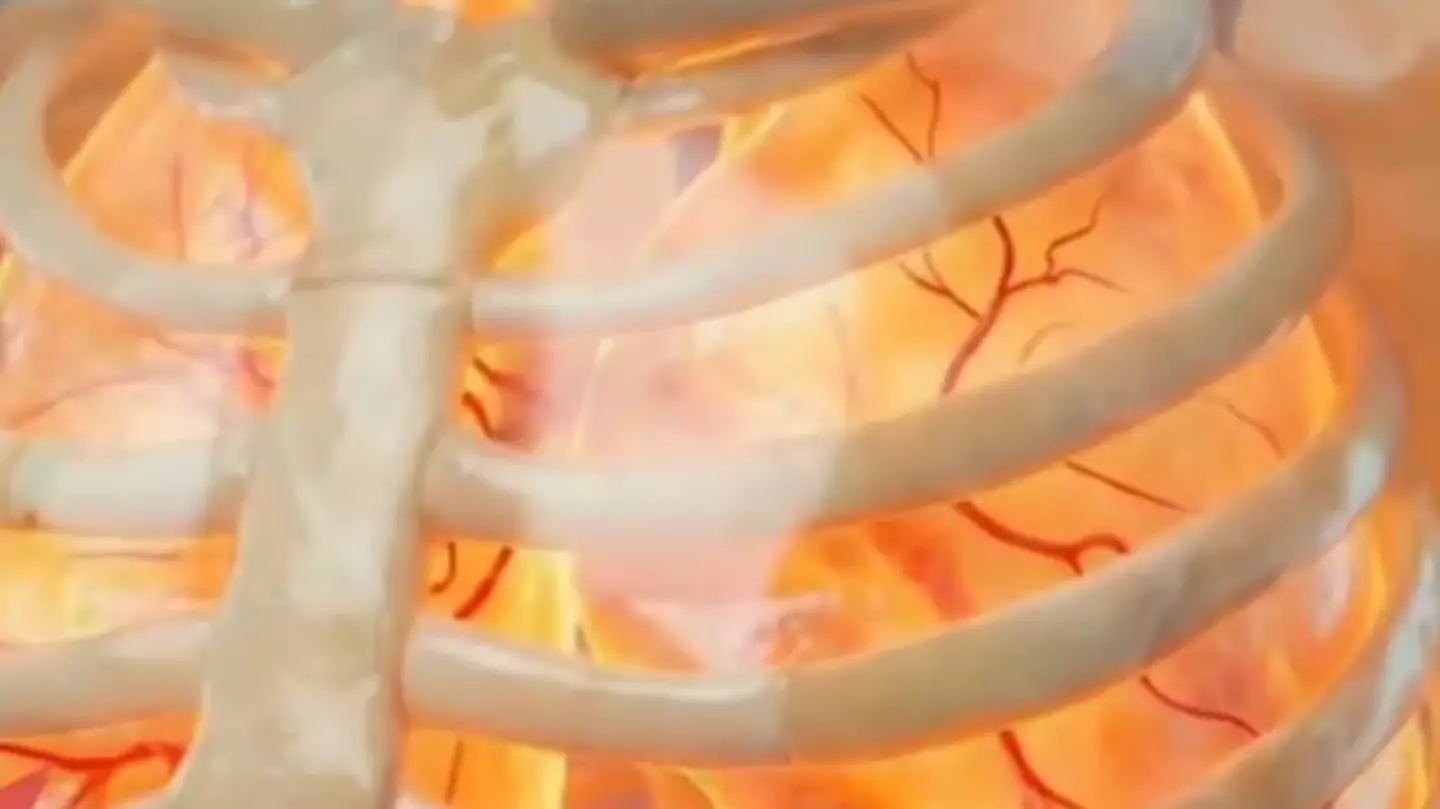
The health effects of vaping for 40 days have been outlined
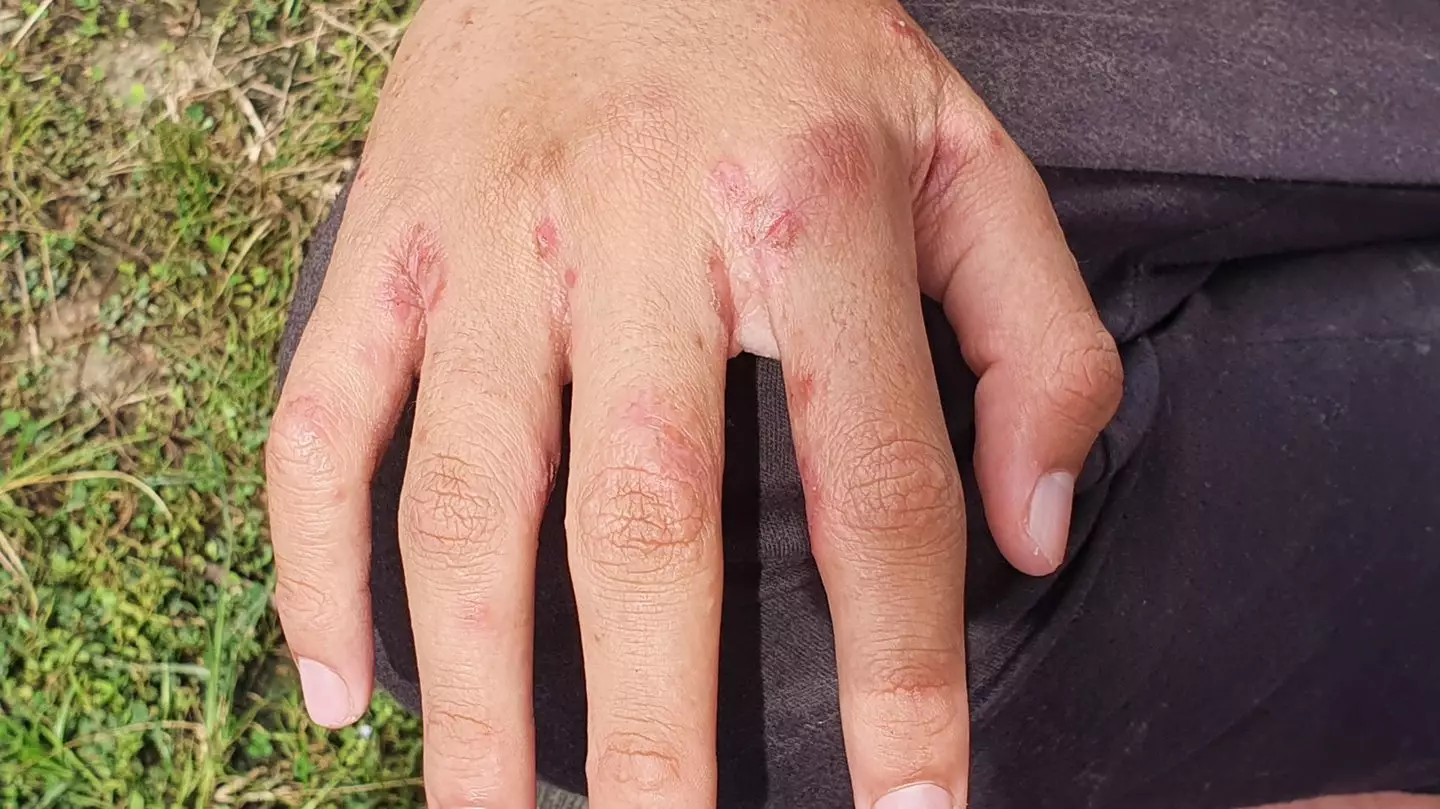
It doesn't sound pleasant at all...
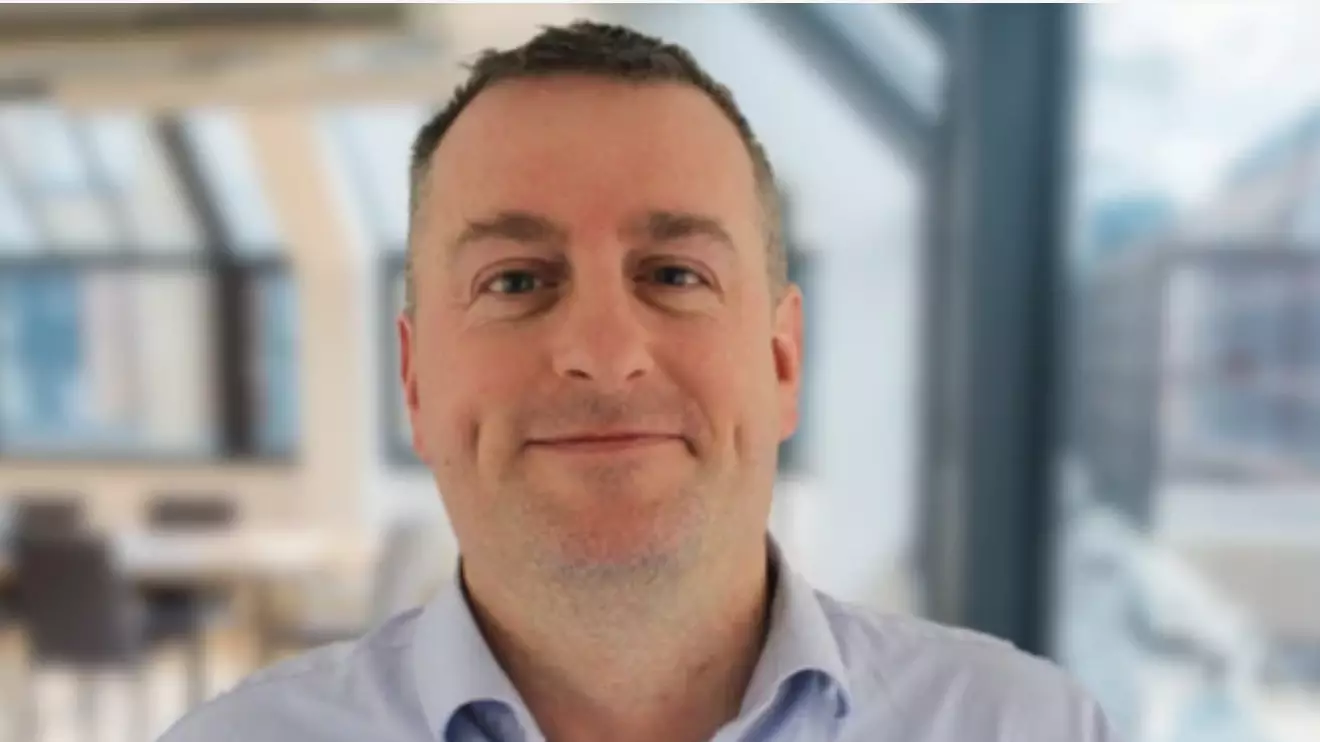
His ex-wife waived her anonymity in the case
breaking
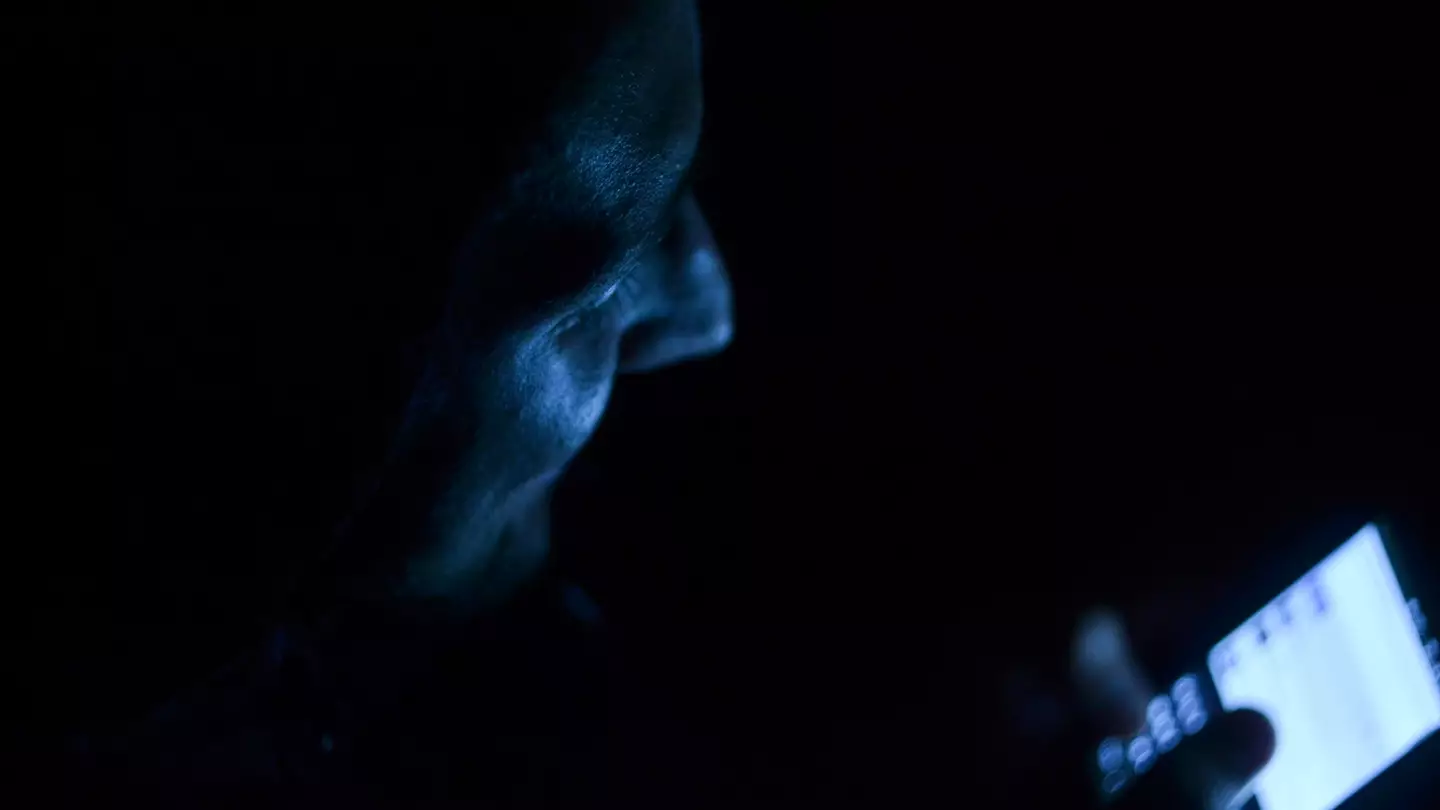
A porn addiction led to Bradley's interests becoming so extreme, he found himself arrested for accessing child sexual abuse content
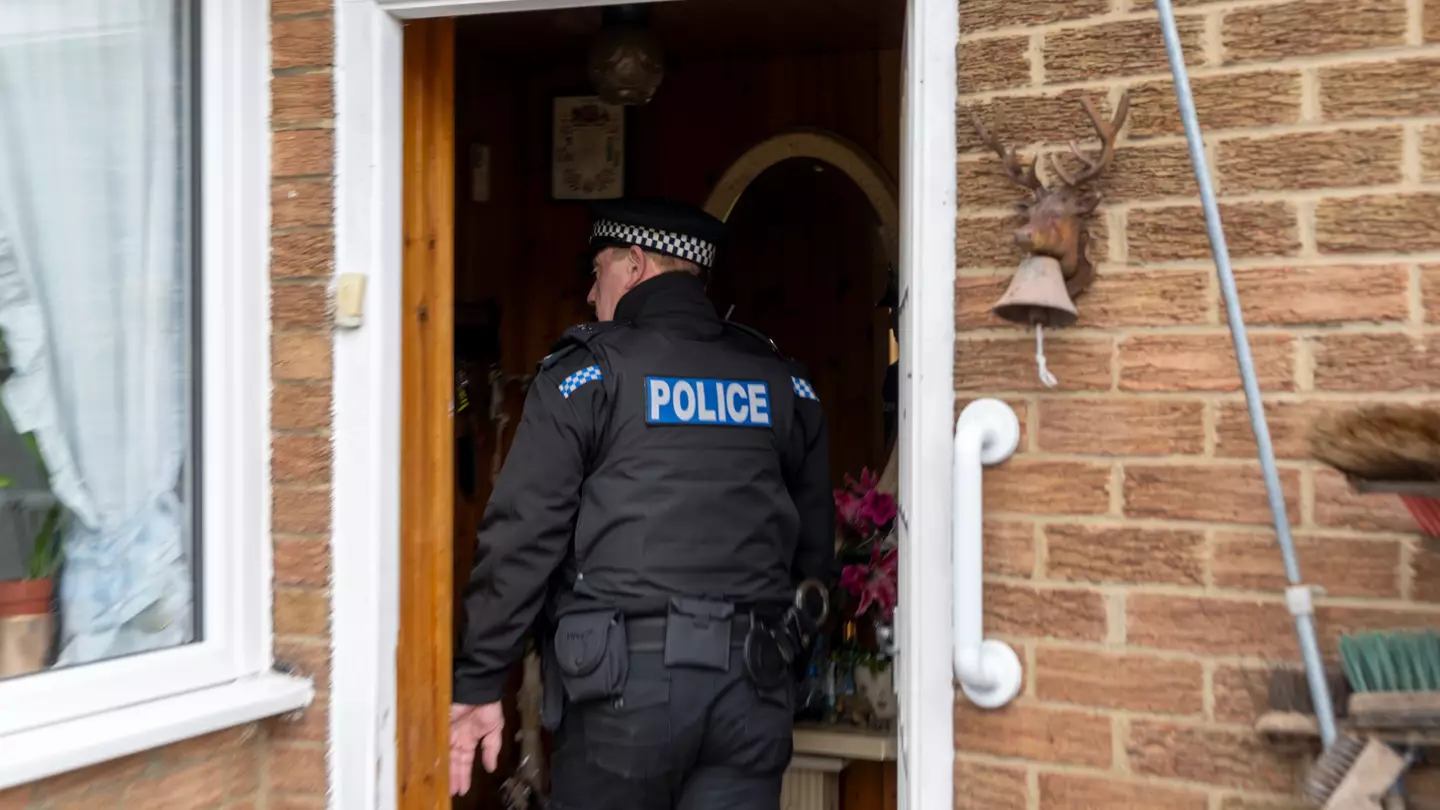
Many Brits are worried about facing jail time for owning a Fire Stick at all




